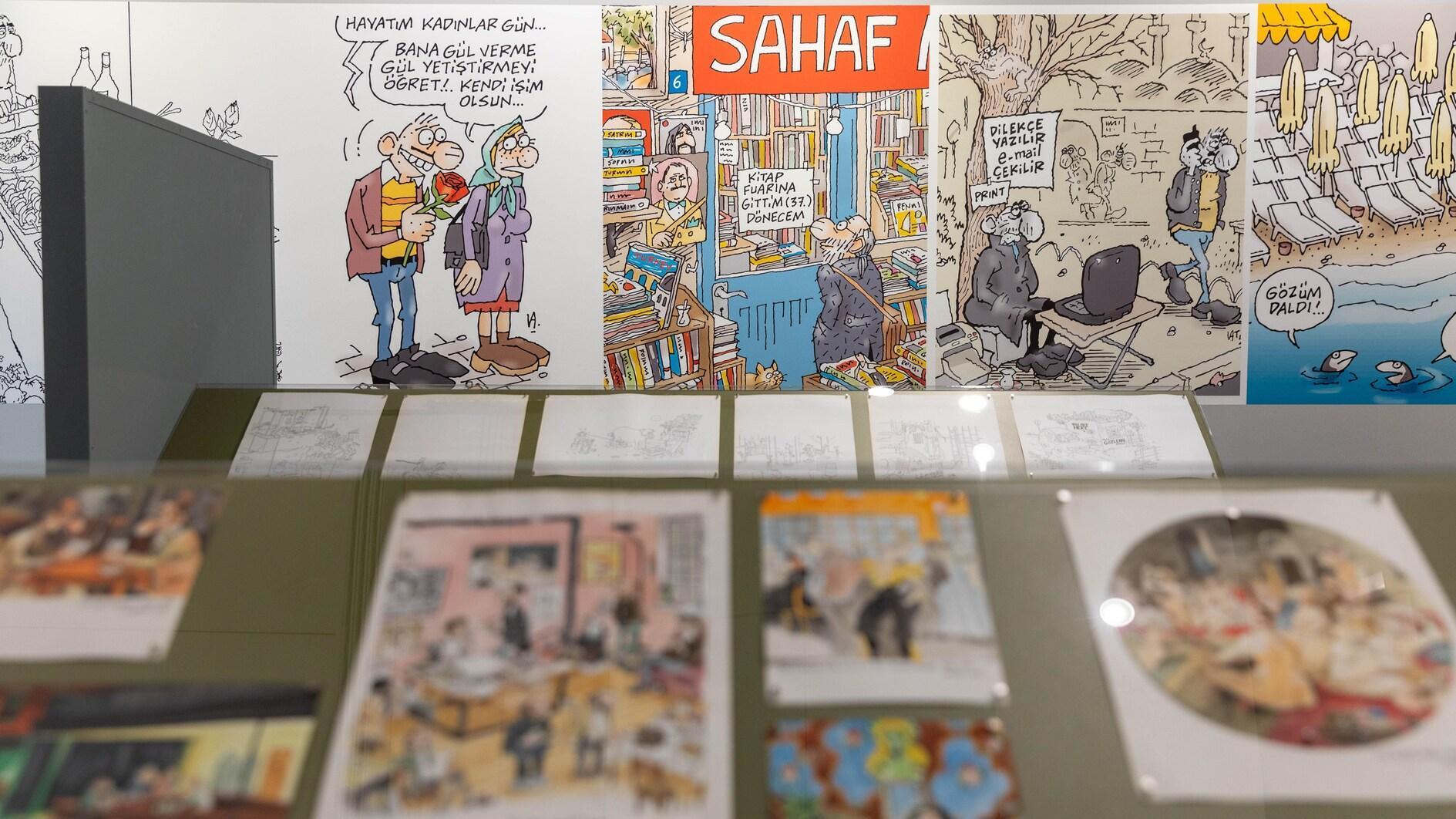Kilis as a new frontier
As the closest town to Syria, Kilis is an interesting place. It used to be the hub of refugee smugglers about a year ago. It had also become a second home to so many Syrians that the local governor’s office had decided to nominate itself for the Nobel Peace Prize. The story may be much different now though.
When the Syrian crisis had first started showing signs of crossing the border, two towns were under pressure: Reyhanlı and Yayladağı, both in Hatay. First refugee camps were established inside these towns. I remember visiting Yayladağı around these days four years ago. The trees were green, and there were flowers everywhere. It was almost like being in Switzerland, especially for little kids that had to leave their homes behind. But in what seemed like a clever move at the time, Turkish officials decided to move the refugees inside the Fertile Crescent line of Şanlıunfa, Gaziantep and Mardin. The logic behind this was most likely sectarian proximity rather than language or urban infrastructure.
So despite all the fears, Hatay and İskenderun have remained relatively peaceful. Both towns still have non-Muslim populations that keep the cosmopolitan nature alive. Indeed, this may be the reason refugees preferred to leave as well.
But Kilis took most of the burden and it could not cope with it. The town is so close to the border that one could use the same cellular network while living in Syria. Every morning cars were dropping off smuggled sugar, tea and gas from Syria as they used to be cheaper because of government subsidies. But now it is a whole different ballgame.
After being the target of rocket attacks from ISIL, there may be more trouble ahead. One intelligence source told me that the Turkish population may eventually start leaving the town, thus making Syrians the majority there. And when you are talking about a border town, it becomes a national security issue.
“If Turks leave the city, radical groups may have an easier time recruiting for ISIL; they may also see themselves as free to plan attacks inside Turkey,” one observer said. “The solution could be to wipe the ISIL forces inside Syria away from Turkey as much as possible. And this may need a little bit more force than Turkey has alone.”
It is not surprising to hear U.S. President Barack Obama and his Russian counterpart, Vladimir Putin, have a phone conversation about Turkey’s Syrian border these days. What is more surprising is to read from Amberin Zaman’s column in Diken that Turkish intel chief Hakan Fidan made a surprising visit to Moscow a week before President Recep Tayyip Erdoğan’s trip to Washington. Normally, Amberin’s story should have been on the front page of every paper, and we as journalists would have been talking about it.
It seems the Syrian game is still in the making.
P.S.: Here’s to reader and critic Mr. Yasin Özer, who sent this last e-mail last week after my criticism of the president: “Of course Turkey is becoming like Syria, for that is the aim of certain powers. For sure, it is easier to discern what is going on in Turkey from abroad. And if we were to be fair, even though Erdoğan has certain tough policies, the country he is ruling is better off than it was a decade ago.”











